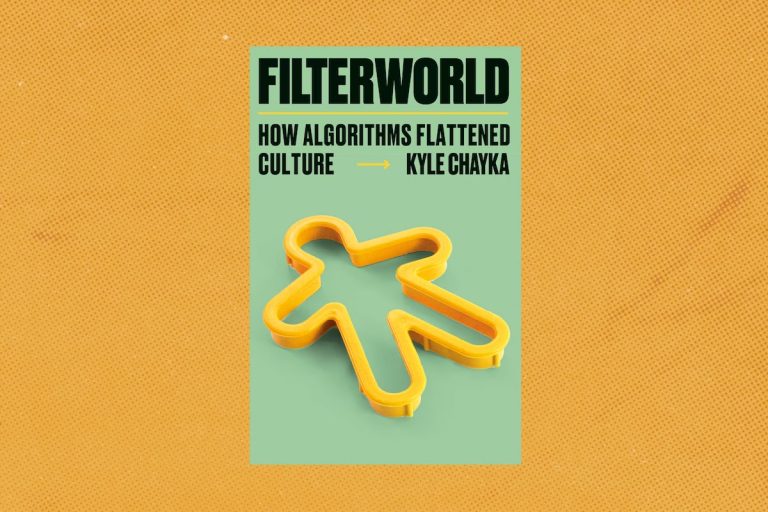Dr Paul Bernal on the right to be forgotten

What is the right to be forgotten? How could it work – if it could work? Is it something to be supported or something to be feared? Why is it such a bone of contention?
An article by Dr Paul Bernal, a lecturer in IT, IP and Media Law at the University of East Anglia (UK), tries to start answering some of these questions.
A quote:
“A more fundamental [problem is] the cultural differences in attitudes to privacy and free speech in the EU and the US. In the EU, and particularly in Germany, privacy is taken very seriously, and the rights that people have over data are considered crucial. In the US, privacy very much takes second place to free speech – anything that can even slightly infringe on free speech is likely to face short shrift. The right to be forgotten has been very actively opposed in the US on those grounds – Jeffrey Rosen in the Stanford Law Review calling it the ‘biggest threat to free speech on the internet in the coming decade’.
Who is right? Neither, really. The right is not what its more active opponents in the US think it is – but neither has it been written tightly enough and carefully enough to provide the kind of practical, realisable right to delete personal data that the EU would like to see.”



